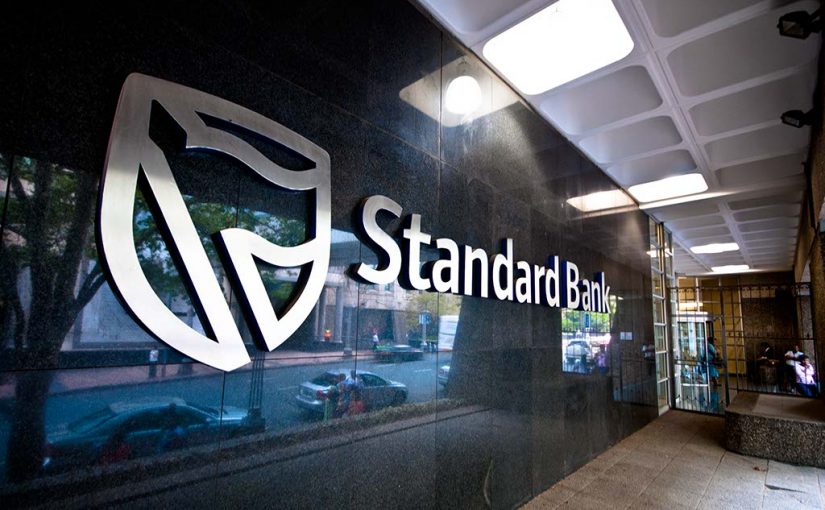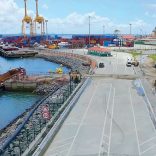Mozambique commits to infrastructure resilience and sustainable water management
Output rises in Mozambique for the first time since COVID-19 pandemic began – Standard Bank

File photo: Info Diário
- Output and new orders rise for first time since early-2020
- Input purchases expand, but employment falls slightly
- Business confidence hits 16-month high
Business conditions improved for the first time in over a year in Mozambique during April, as the latest PMI™ survey data gave initial signs of a recovery from the impact of the COVID-19 pandemic. Firms saw renewed increases in both output and new orders, leading to a strong rise in input purchases and inventory building. This put additional pressure on input costs which rose at the quickest rate since March 2020. Business confidence regarding future output climbed to a 16-month high, but employment numbers continued to fall.
The headline figure derived from the survey is the Purchasing Managers’ Index™ (PMI). Readings above 50.0 signal an improvement in business conditions on the previous month, while readings below 50.0 show a deterioration.
At 51.3 in April, up from 49.1 in March, the headline PMI posted its first reading above the 50.0 neutral mark since February 2020. This signalled the first improvement in business conditions since the economy was first impacted by the COVID-19 pandemic and associated restrictions.
Surveyed firms reported a renewed expansion in output levels during April, that was largely attributed to rising new order inflows and an increase in client numbers. The overall upturn in output was solid, with approximately 22% of businesses reporting higher activity than in March.
Subsequently, purchasing activity was raised at the quickest rate for over a year-and-a-half as companies looked to build their stocks in anticipation of further increases in demand and raw material prices. Rising demand for inputs encouraged an improvement in supplier performance as vendors faced heavy competition, with lead times shortening at a solid pace.
Employment numbers fell for a third straight month, however, leading to capacity pressures at a number of businesses. Notably, backlogs of work rose to the greatest extent since the survey began six years ago.
Input prices were driven higher in April, largely due to a sharp increase in purchasing costs that was attributed to rising demand for raw materials. Overall input costs rose at the fastest rate since March 2020. Firms passed these costs on to customers through an increase in selling charges, although the pace of inflation eased slightly from the previous survey period.
Lastly, business confidence regarding the next 12 months of private sector activity was strongly positive in April. More than two-thirds of respondents expect output to grow amid hopes of greater new business inflows, increased exports and new branch openings. As a result, the degree of optimism was the highest seen since the end of 2019.
- You may read the full Standard Bank report HERE.












Leave a Reply
Be the First to Comment!
You must be logged in to post a comment.
You must be logged in to post a comment.